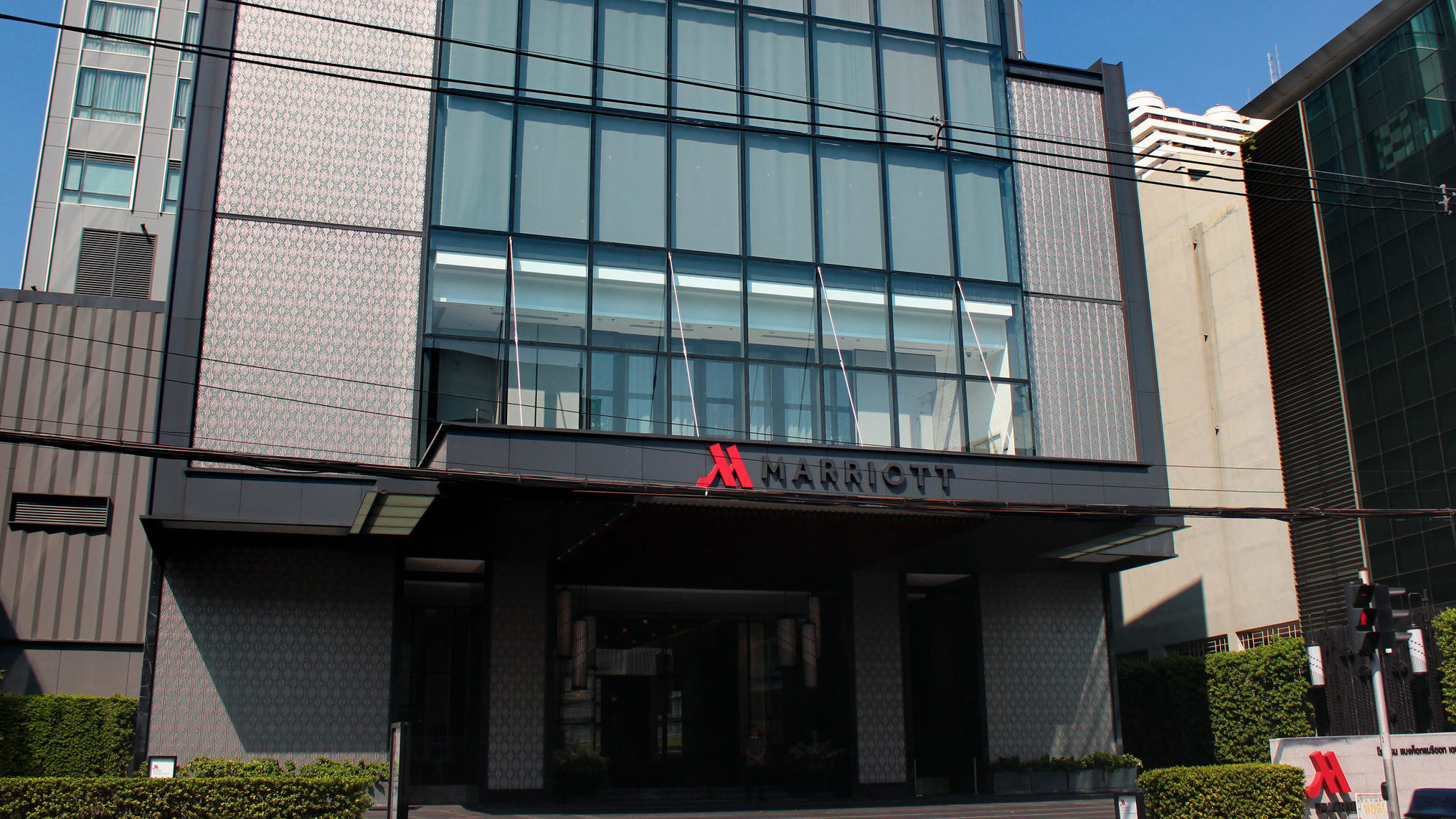Want some positive news? While here in the U.S. you may be bemoaning the closing of a favorite restaurant or other business that has fallen victim to the coronavirus economy, favorable life signs are appearing in the region where COVID-19 first ravaged. Marriott International, for example, just celebrated a milestone in Asia Pacific, with the opening of its 800th property.
A brand-new JW Marriott Nara marks the entry of that luxury brand in Japan. The 158-room property is situated on the edge of a 1,300-year-old garden set on former royal palace grounds. The company also says two of its other flags, Edition and Aloft, will be planted in Japan for the first time this year.
With millennials expected to return to travel first, the first Moxy hotel, a Marriott brand targeted to that demographic, will soon debut in China —Moxy Shanghai Xujiahui. And AC Hotels by Marriott arrived for the first time in the region with three hotels in Malaysia earlier this year, as did AC Hotels Tokyo Ginza earlier this month.
“We remain confident in the resilience of travel, our owners and franchisees, guests and associates as well as the future prospects of lodging in Asia Pacific, our second-largest market,” said Craig S. Smith, group president for Asia Pacific at Marriott. “We are encouraged by recent trends, especially in China, where demand has been driven primarily by domestic tourism, and we will continue to focus on strengthening our footprint in this important, growing market.”
Other hotel companies, it should be noted, have been less bullish in Asia. In April, MGM Resorts International said it would delay its plans to develop an integrated resort in Osaka, Japan. The resort’s opening was to have been timed for the 2025 World Expo in that city.
Converting to Marriott
The launch velocity of Marriott-branded hotels in Asia Pacific has been impressive over the past three years, with nearly new 80 properties a year. In the first half of 2020 alone, the company recorded 73 new signings, including 43 in the Greater China region.
A significant portion of these new Marriott hotels came from switches from other hotel companies, or from formerly independent properties. In the last three years in Asia Pacific, Marriott reports, it has seen an annual 20 percent increase in the number of so-called conversions. In Singapore, for example, the company recently signed that island city-state’s first two Autograph Collection hotels, both of which are anticipated to fly the Autograph Collection brand flag by 2021.
“With 6 billion domestic trips made in 2019 alone in China, largely attributed to a rise in average disposable income, demand for brands positioned at a moderate price-point such as Fairfield and Moxy has gained momentum among both travelers and hotel owners,” a company statement said. To meet this growing demand, Marriott has introduced an “enhanced franchise” model whereby Marriott appoints a general manager for the first year of a hotel’s opening to help train and equip franchisees.
Elevated Cleanliness Standards
Earlier this year, Marriott International, like all major hoteliers, began implementing stringent new health and hygiene protocols, including a global cleanliness council to develop and implement a new generation of global hospitality cleanliness standards, norms and behaviors for its more than 7,400 properties.
In a related development, Singapore Tourism Board (STB) has announced a “risk management framework” for business events of up to 50 attendees. Acknowledging that hybrid formats with a mix of face-to-face and virtual interactions are likely to be the norm for business events for a while, STB is executing a trial with two pilot “hybrid” events before gradually scaling up to events with a wider array of organizers.




